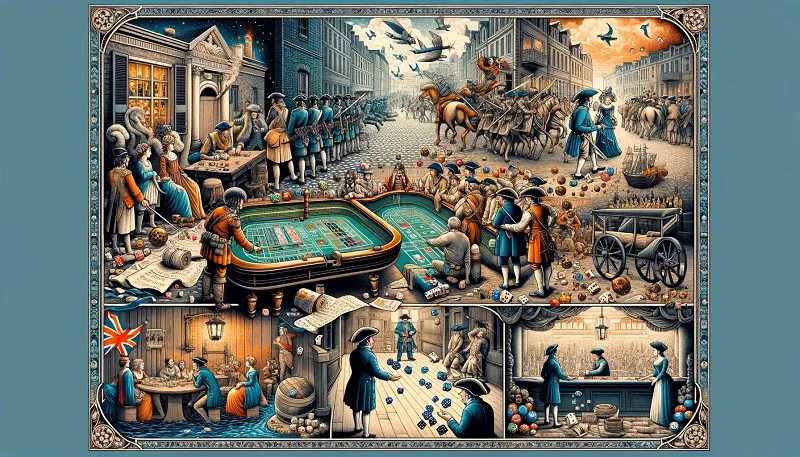
Introduction
“Casino Royale,” a novel by Ian Fleming first published in 1953, marked the debut of the iconic British spy James Bond, also known by his code number 007. Over the decades, “Casino Royale” has evolved from a novel to a cultural phenomenon, inspiring films, television adaptations, and even video games. This article delves into the origins of “Casino Royale,” its cultural impact, and its enduring legacy in popular culture.
Origins and History
Ian Fleming, a former British Naval Intelligence Officer, created the character of James Bond as the protagonist of a series of espionage novels. “Casino Royale” was Fleming’s first novel and introduced readers to Bond’s world of espionage, high-stakes gambling, and international intrigue. The novel centers around Bond’s mission to bankrupt Le Chiffre, a Soviet agent who funds his operations through gambling at the Casino Royale in Royale-les-Eaux.
Plot Summary
In “Casino Royale,” James Bond, a suave and skilled MI6 agent, is assigned to play in a high-stakes baccarat game at the casino to thwart Le Chiffre’s financial operations. Bond is assisted by Vesper Lynd, a British Treasury agent assigned to ensure Bond uses the money wisely. As the game unfolds, Bond faces challenges, including attempts on his life and emotional entanglements with Lynd, leading to a dramatic climax that reveals the complexities of Bond’s character.
Cultural Impact
“Casino Royale” has had a profound impact on popular culture:
- Film Adaptations: The novel was adapted into a film in 1967, although it was a spoof rather than a faithful adaptation of Fleming’s story. However, the most famous adaptation is the 2006 film “Casino Royale,” which marked Daniel Craig’s debut as James Bond. This film rebooted the franchise, focusing on Bond’s early career and received critical acclaim for its gritty realism and Craig’s portrayal of a more vulnerable and human Bond.
- James Bond Franchise: “Casino Royale” kickstarted one of the most successful film franchises in history, with multiple actors portraying James Bond over the years. The franchise has become synonymous with sophisticated spy thrillers, exotic locations, and iconic catchphrases.
- Impact on Spy Fiction: Fleming’s creation of James Bond revolutionized the spy genre, influencing countless novels, films, and television series featuring charismatic secret agents, espionage, and global conspiracies.
Legacy
The legacy of “Casino Royale” endures through:
- Literary Influence: Ian Fleming’s novels, including “Casino Royale,” continue to be read and admired for their blend of suspense, action, and sophisticated storytelling.
- Film Continuity: The success of the 2006 adaptation led to sequels that explored Bond’s character development and his relationships with allies and adversaries.
- Cultural Icon: James Bond remains an enduring cultural icon, symbolizing charm, courage, and intelligence, while “Casino Royale” remains a cornerstone of Bond’s legacy as a fictional character.
Conclusion
“Casino Royale” remains a timeless tale of espionage, intrigue, and high-stakes gambling that captivates audiences around the world. Ian Fleming’s creation of James Bond and the novel’s adaptation into films have solidified its place in literary and cinematic history. As audiences continue to be enthralled by Bond’s adventures, “Casino Royale” stands as a testament to the enduring appeal of espionage thrillers and the enduring legacy of a British secret agent who has become a global cultural icon.